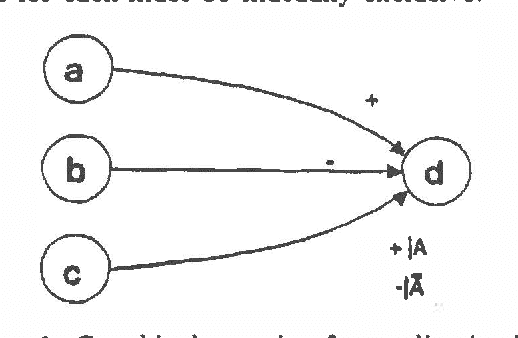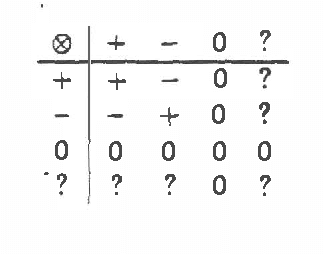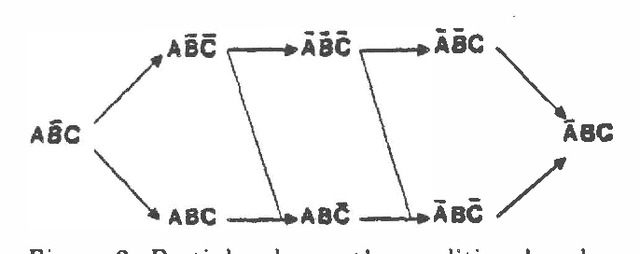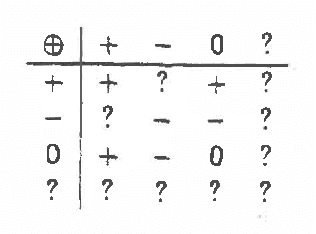Qualitative Probabilistic Networks for Planning Under Uncertainty
Paper and Code
Mar 27, 2013



Bayesian networks provide a probabilistic semantics for qualitative assertions about likelihood. A qualitative reasoner based on an algebra over these assertions can derive further conclusions about the influence of actions. While the conclusions are much weaker than those computed from complete probability distributions, they are still valuable for suggesting potential actions, eliminating obviously inferior plans, identifying important tradeoffs, and explaining probabilistic models.
* Appears in Proceedings of the Second Conference on Uncertainty in
Artificial Intelligence (UAI1986)
 Add to Chrome
Add to Chrome Add to Firefox
Add to Firefox Add to Edge
Add to Edge